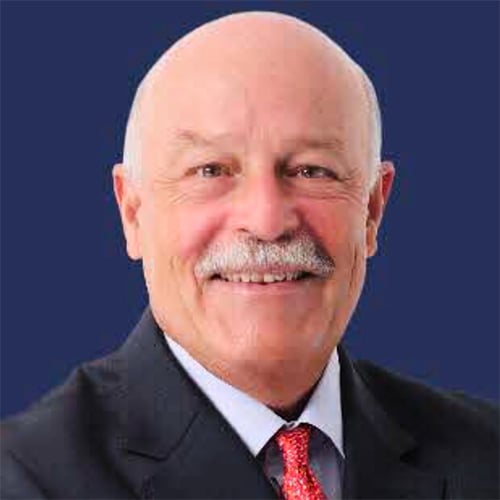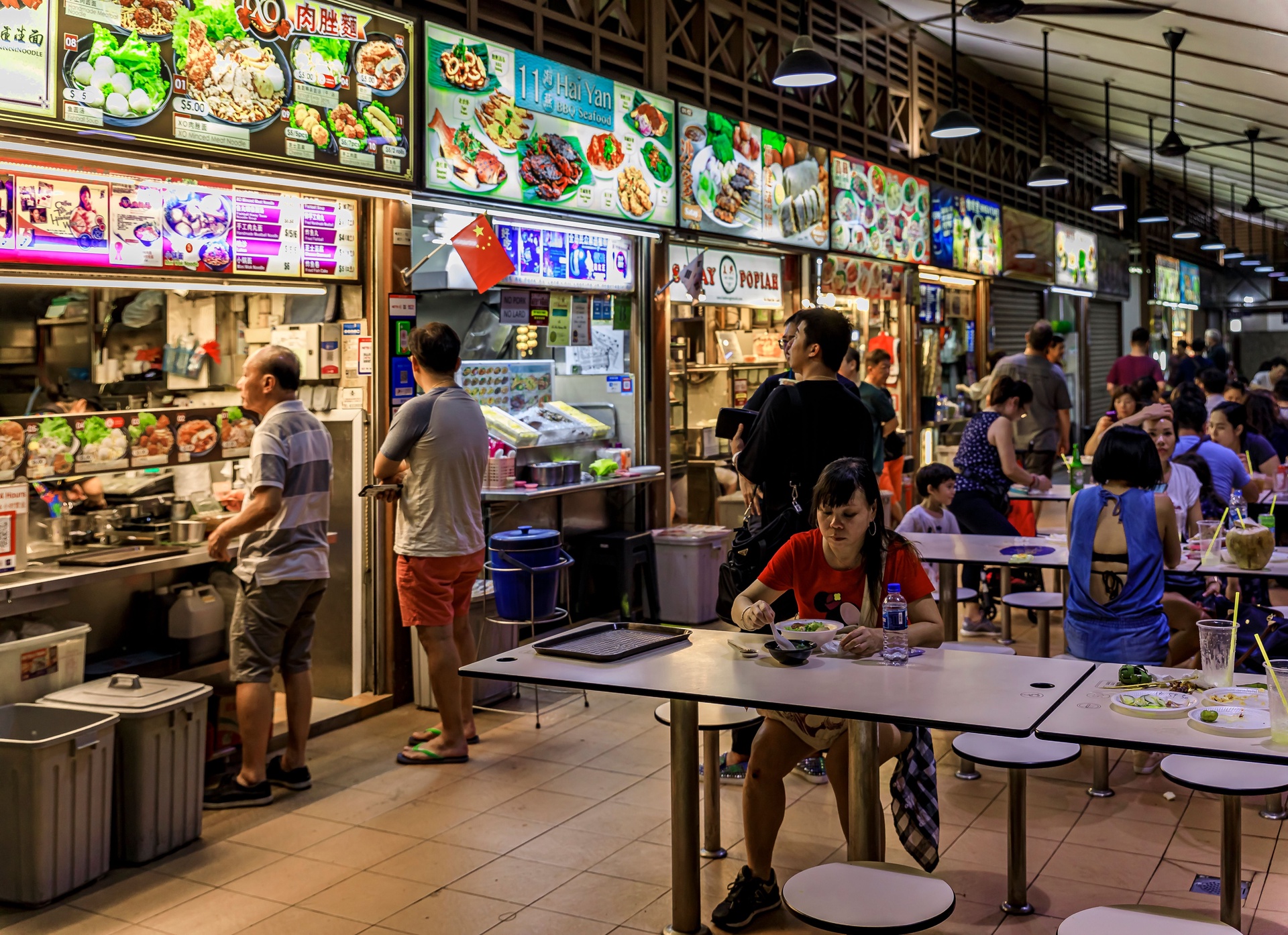While Japanese retailers are expanding in Vietnam, their Korean peers appear to be shrinking their presence in the Southeast Asian country amid the fierce competition, which is partially coming from local players. E-mart, South Korea’s largest retailer, is selling its business in Vietnam to Thaco, one of the country’s biggest private conglomerates and also a leading player in the local auto market.
According to Korean media reports, the Korean giant’s board of directors had decided to sell a 100% stake in E-mart Vietnam Co. Ltd. to Thaco, which is headquartered in Ho Chi Minh City, where E-mart launched its first discount store in December 2015.
The deal’s value was not disclosed, but the Korean company revealed that the Vietnamese buyer would pay royalties for the franchise.
Thaco has so far not confirmed the partnership. However, some suppliers confirmed that they got a letter dated May 21 from E-mart Vietnam explaining that the Korean group had entered into a franchise partnership with Thaco for its Vietnam business, and the suppliers would be able to continue their business with the firm.
E-mart says about US$60 million has been invested in the first shopping mall, which covers more than three hectares in Go Vap District near the Tan Son Nhat International Airport. The number of Korean products sold there increased from 170 in 2015 to 1,000 in 2019 and 1,200 last year, according to the investor.
Strategic alliance
Predictions that the supermarket chain would exit Vietnam arose in South Korea last December. Immediately after that, E-mart Vietnam chief executive officer Chun Byung Ki denied such exit plans, explaining that it was looking for a strategic alliance or business partnership to be able to deal with difficulties in securing sites for expansion.
In April this year, Lotteria Vietnam, which is part of Lotte GRS under Seoul-based Lotte Holdings, had to deny Korean news reports that Lotte GRS is leaving the Vietnamese market. While saying that it is exiting the Indonesian market, Lotte GRS stressed that it is maintaining its franchise and food retail businesses in Vietnam.
Lotte GRS added that its Vietnam business is facing problems due to a halt in facility construction and delays in the importation of equipment in view of the Covid-19 pandemic.
Meanwhile, Japanese retailers are expanding their presence in Vietnam, whose population is heading towards 100 million and where the income of the middle class is growing.
On May 20 Aeon Mall Vietnam, part of Japan’s top retailer Aeon, signed a memorandum of understanding with the provincial administration of Dong Nai in the country’s southeastern region on developing shopping malls there.
The first one will be built in Bien Hoa City, about 35 kilometres northeast of Ho Chi Minh City. Provincial officials said they expect the first mall to open soon. Aeon has not revealed how much it is investing in the province.
Expansion plans
Aeon also plans to build a shopping mall in Bac Ninh Province, next to the capital Hanoi, next year at an estimated cost of US$190 million. This February, the Japanese giant also signed a memorandum of understanding with the provincial government of Thua Thien-Hue to do market research on the opening of a mall in the central province, which is likely to cost US$160 million.
Since it entered Vietnam in 2013, Aeon has already put into operation six outlets in the country – two malls in Hanoi, one in the northern port city of Hai Phong, two in Ho Chi Minh City, and another in the adjoining Binh Duong province. It plans to establish 20 across the country by 2025 with a total investment of US$2 billion.
Muji, a Japanese retailer of household products and clothing, opened its first store in the country in Ho Chi Minh City last November, and plans to build the next one in Hanoi. It is focusing first on the country’s two largest markets to build brand awareness, but envisages about 10 stores across Vietnam. The firm has not disclosed any timeline or investment estimates.
In downtown Ho Chi Minh City, the Muji store is on the first floor of the Parkson Saigon Tourist Plaza, where Japanese casual wear retailer Uniqlo launched its first Vietnam store in late 2019. Uniqlo has rapidly expanded its network to seven outlets, with four in the southern metropolis and three in Hanoi.
Uniqlo Vietnam CEO Osamu Ikezoe has told Vietnamese media that its business growth so far has surpassed expectations.









